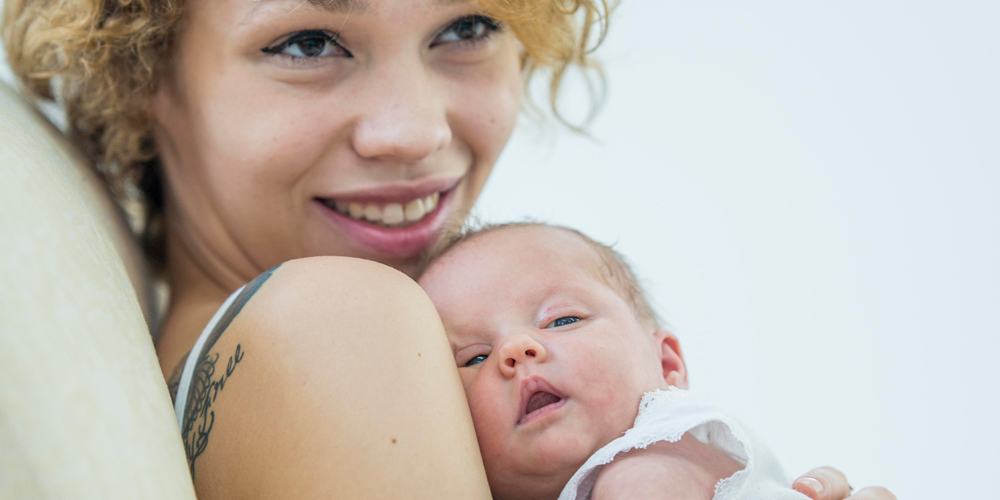
A study on young people’s intentions and expectations about future parenthood has revealed a need for general practitioners to be more proactive in raising fertility issues during general consultations.
Students at the University of Melbourne were asked to respond to a questionnaire on parenting plans, knowledge about fertility and preferred sources of information about reproductive health. A total of 1,215 students – 285 male and 930 female – completed the survey with about 90 per cent stating they wanted children, most hoping for two or more offspring.
Results of the study and many others completed by University of Melbourne medical degree (MD) students were presented at the Royal Women’s Hospital’s 2017 Research Week. Their research projects form half of their final year of study, a requirement for the university’s MD to ensure medical graduates have a clinical and research focus when they complete their studies.
Between 15-20 MD students complete that research at the Women’s each year.
Student researcher Eugenie Prior, who has since completed her studies, said while most respondents reported good knowledge about safe sex and the prevention of pregnancy, the majority underestimated the impact of age on fertility.
“This survey showed that while respondents regarded future parenthood as important, they are inadequately informed about factors that influence fertility.
“Age is the single most important factor affecting fertility and the chances of having a child. As a woman ages, her eggs diminish in quantity and quality. A man’s age can also impact on chances of conception, the risk of miscarriage and the health of the child.”
The survey showed general practitioners and the Internet were the most preferred sources of fertility information. Importantly, almost all survey participants stated they would not feel uncomfortable if their GP raised the topic of future reproductive plans during consultations.
“Fertility protection is a very important public health issue and general practitioners are at the front line of engagement with people who may need more information on reproductive health, and who could be subjecting themselves to factors affecting their future fertility,” Dr Prior said.
“The survey showed young people would not feel uncomfortable and would even welcome their GP bringing up the topic of future reproductive plans during general consultations.
“This would not need to be raised in a paternalistic or prescriptive manner. Rather, GPs could ask people of reproductive age to keep in mind factors that may affect their hopes for children in the mix with priorities that may include completing studies, advancing careers and travel.
“To help young men and women achieve their goals of parenthood, there should be more proactive discussions in primary care settings about reproductive life planning.”
The study of fertility facts and future plans was conducted by the University of Melbourne, The Royal Women’s Hospital, Melbourne IVF, the Victorian Assisted Reproductive Treatment Authority (VARTA) and Monash University.